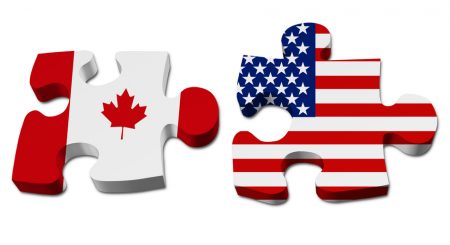 According to a USDA report, Canadian imports of milk protein substances (MPS) dropped 37% in 2017 compared to 2016 levels. Over the same period Canadian cheese production grew 7% in 2017. Since Canadian cheese makers have used increasing volumes of MPS in cheese manufacturing, this drop off in imports suggests MPS is being sourced domestically.
According to a USDA report, Canadian imports of milk protein substances (MPS) dropped 37% in 2017 compared to 2016 levels. Over the same period Canadian cheese production grew 7% in 2017. Since Canadian cheese makers have used increasing volumes of MPS in cheese manufacturing, this drop off in imports suggests MPS is being sourced domestically.
The USDA report shows that total imports of liquid and dry MPS from the U.S. fell 51% in 2017. This could be due to the Class 7 pricing system set in place in February 2017 which provides Canadian cheese manufacturers greater access to domestically produced MPS. When the Class 7 system was established, several U.S. manufacturers lost business and were forced to terminate contracts for around 100 dairy producers in Minnesota, Wisconsin and New York. The status of the Class 7 system is one of the negotiating hot buttons in NAFTA negotiations.
According to a USDA report, the U.S. is the largest supplier of MPS to Canada, taking advantage of duty and quota-free status for MPS under the North American Free Trade Agreement (NAFTA). Beginning in September 2017, the EU also had duty and quota-free status while product from New Zealand, Australia and Switzerland are under a tariff-rate quota system.











